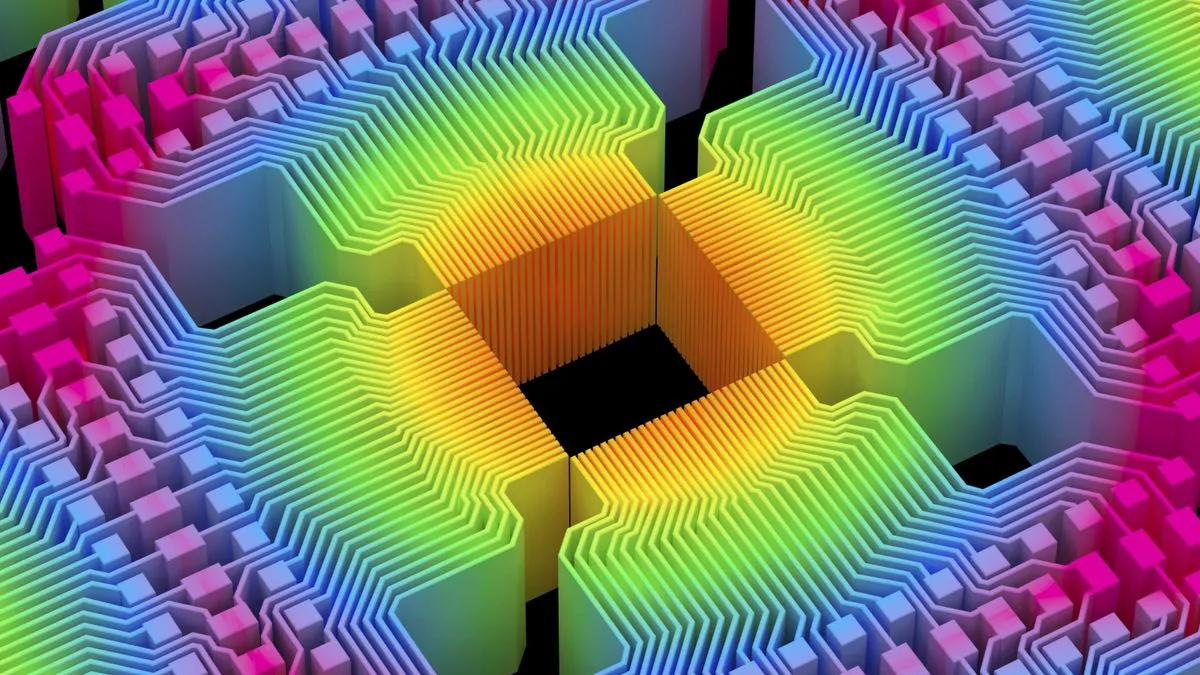Understanding Quantum Computing: The Role of Quantum Bits (Qubits)

What Are Quantum Bits (Qubits)?
Quantum bits, commonly referred to as qubits, serve as the core components of quantum computers. Unlike traditional bits that represent either a 0 or a 1, qubits leverage the principles of quantum mechanics to exist in multiple states simultaneously. This phenomenon empowers them to process vast amounts of information at unprecedented speeds.
How Do Qubits Function?
- Qubits utilize quantum superposition, allowing them to represent both 0 and 1 at the same time.
- They rely on entanglement, which enables the linking of qubits over distances, creating a robust computational network.
- The combination of these traits enhances quantum processors' potential, paving the way for groundbreaking advancements in various fields.
The Future of Quantum Computing
As we look ahead, the significance of qubits in shaping future tech cannot be overstated. With ongoing research and innovations, quantum computing holds the promise of solving complex problems beyond the reach of classical computers.
This article was prepared using information from open sources in accordance with the principles of Ethical Policy. The editorial team is not responsible for absolute accuracy, as it relies on data from the sources referenced.